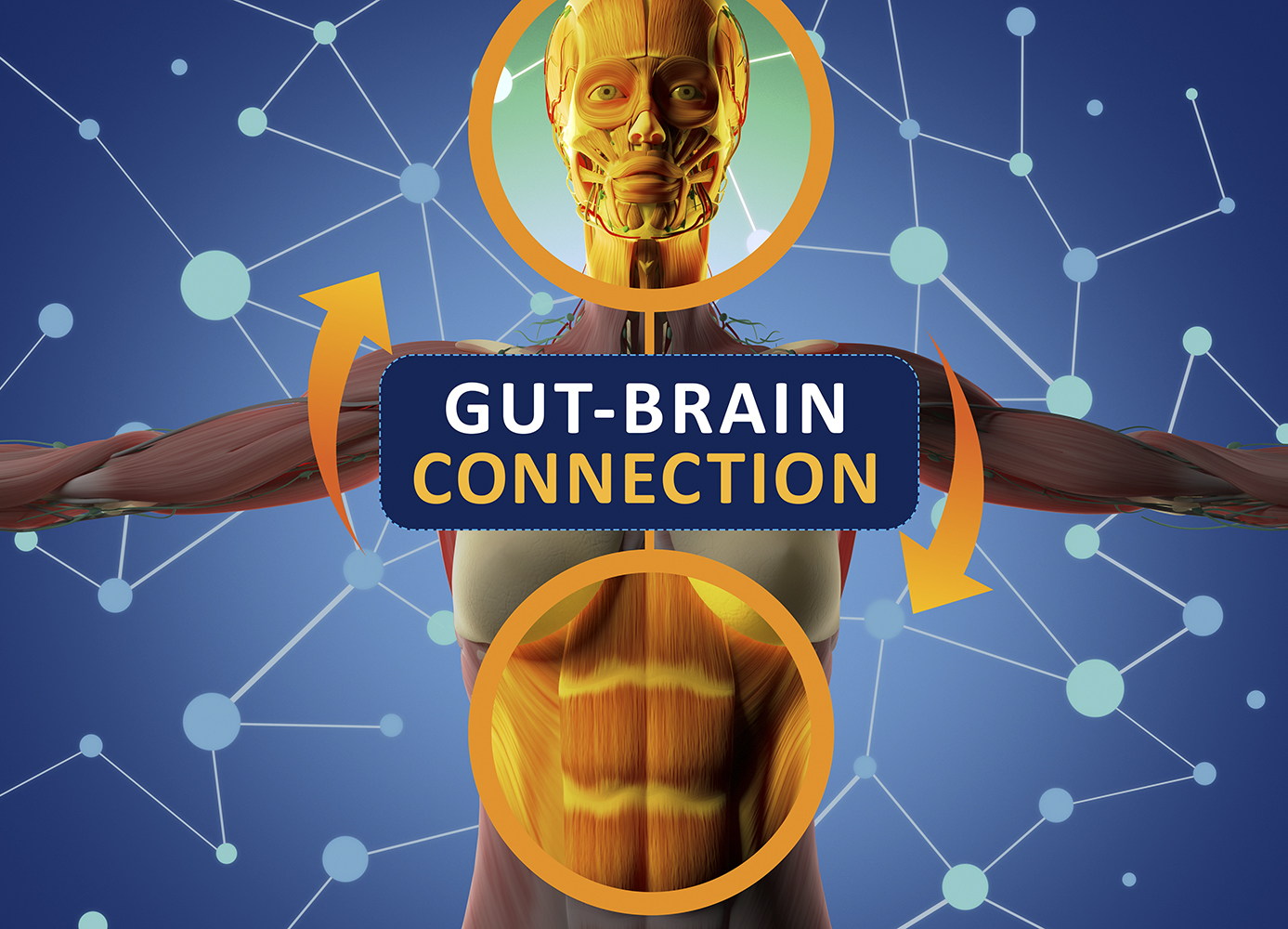Maybe your mood isn’t all in your head
By Katrina Caruso
Every day, medical research brings us that much closer to a better understanding how the mind and body work—and work together. An intriguing possibility that is looking more and more like a probablity is that the state of your microbiome—the collective name for the millions of microbes that make up more than half the cells in your body—can affect your emotional and even mental state.
In 2004, Japanese researchers published study results showing that mice that had been never been in contact with germs reacted more strongly to stress than did normal mice. It was the first suggestion of a microbe-mind link and got the attention of neuroscientists everywhere. Since then, research has suggested that gut bacteria may be linked to neural and mental health issues such as depression, autism, and Parkinson’s disease.
A researcher at Cork University Hospital in Ireland, Professor Ted Dinan, is currently studying the effects of microbes on the brain, particularly in people who suffer from depression. He’s found that depressed patients have less diverse microbiomes.
How do you get a more varied range of bacteria in your gut? A diet of diverse foods, particularly those containing fibre, can help to produce healthier gut flora.
At University College Cork, researchers have been transferring the gut bacteria of people with depression to rats, with the result that the rats began to show signs of depression, including the loss of interest in the sugar water that once gave them pleasure. And at the California Institute of Technology, a microbiologist has found that the microbiomes of people with Parkinson’s disease differ significantly from those of people without the condition.
Much more research is needed, but current research suggests that if the bacterial blend in our bodies is altered—whether through lifestyle changes including diet or the introduction of microbes that can fight dementia—the result could be a massive boost to mental health.
Maybe we are what we eat, after all.
Photo: iStock/ChrisChrisW.






